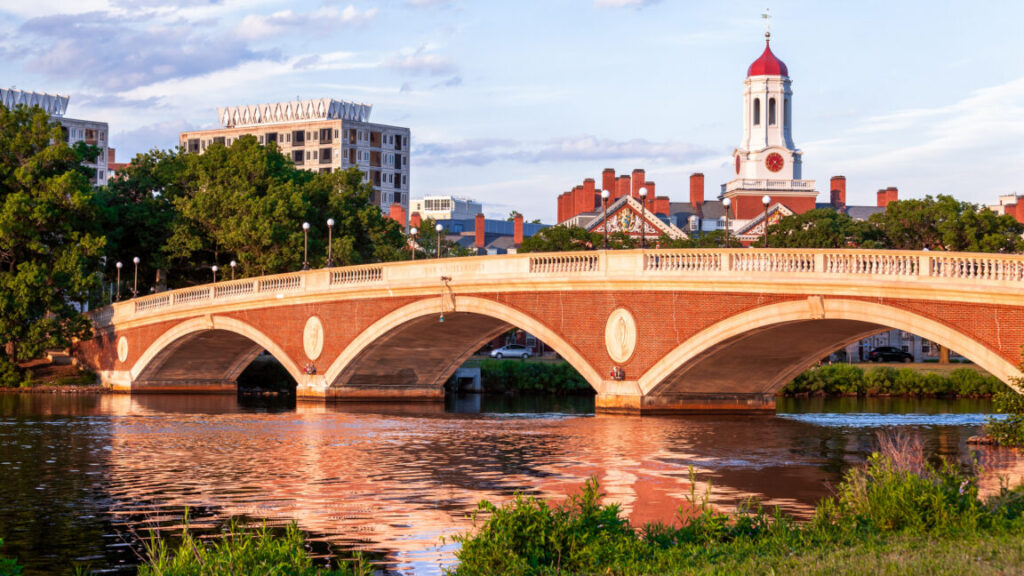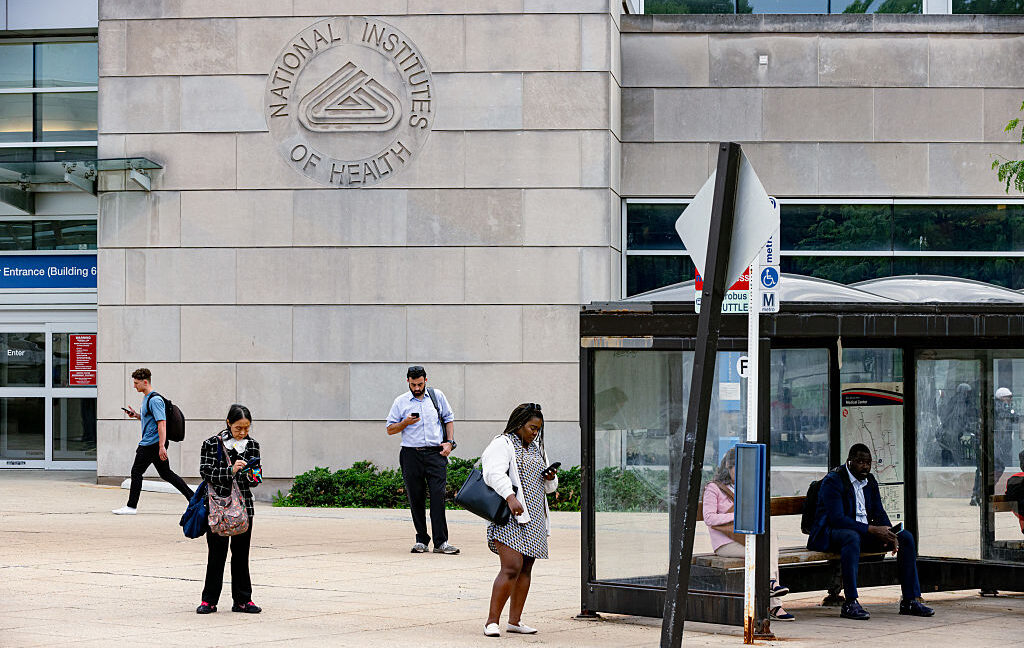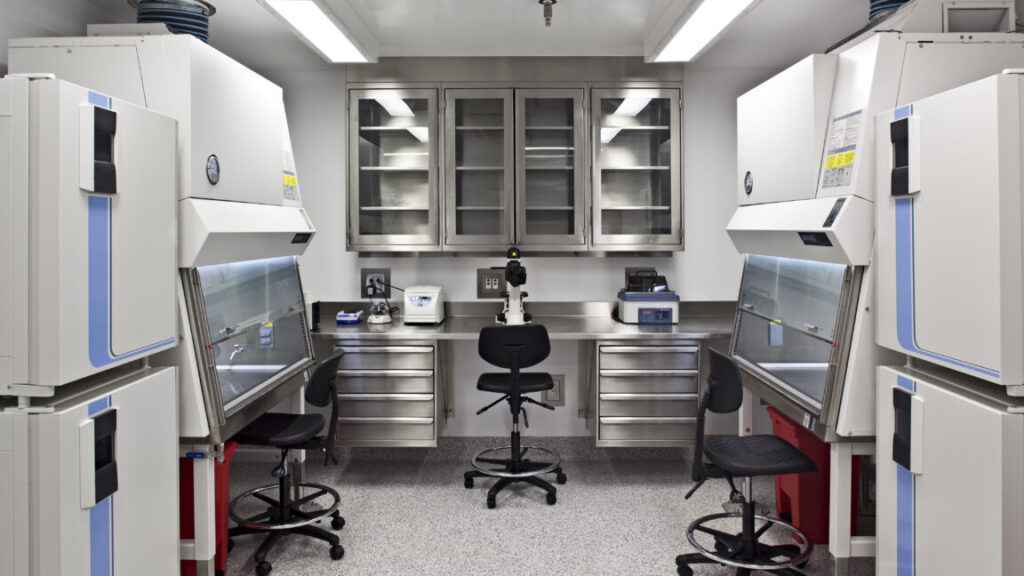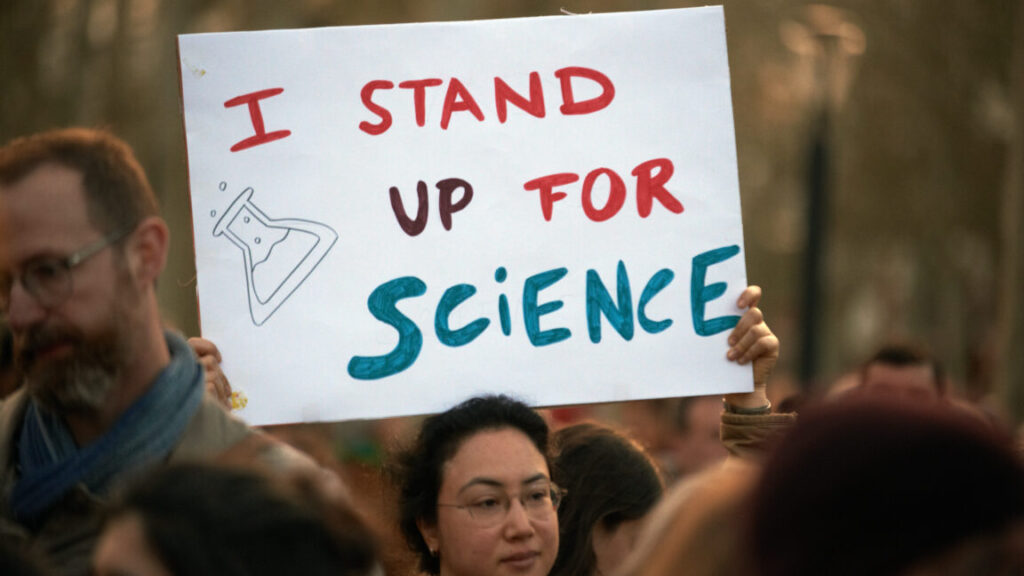Upset at reports that he’d given up, Trump now wants $1B from Harvard
Amid the Trump administration’s attack on universities, Harvard has emerged as a particular target. Early on, the administration put $2.2 billion in research money on hold and shortly thereafter blocked all future funding while demanding intrusive control over Harvard’s hiring and admissions. Unlike many of its peer institutions, Harvard fought back, filing and ultimately winning a lawsuit that restored the cut funds.
Despite Harvard’s victory, the Trump administration continued to push for some sort of formal agreement that would settle the administration’s accusations that Harvard created an environment that allowed antisemitism to flourish. In fact, it had become a running joke among some journalists that The New York Times had devoted a monthly column to reporting that a settlement between the two parties was near.
Given the government’s loss of leverage, it was no surprise that the latest installment of said column included the detail that the latest negotiations had dropped demands that Harvard pay any money as part of a final agreement. The Trump administration had extracted hundreds of millions of dollars from some other universities and had demanded over a billion dollars from UCLA, so this appeared to be a major concession to Harvard.
Given Trump’s tendency to avoid any appearance of concession, his hostile response to the reports was unsurprising. Several hours after the Times published its article, he took to Truth Social to say the government would now seek $1 billion from Harvard. While he separately called the Times’ coverage “completely wrong” and demanded a correction, Trump also favorably quoted the part of the Times article that noted the government had continued to threaten Harvard’s funding despite having lost in court.
All this will likely give Harvard even more ground to argue that the government is being arbitrary and capricious, should the saga ever end up back in court.
Upset at reports that he’d given up, Trump now wants $1B from Harvard Read More »





